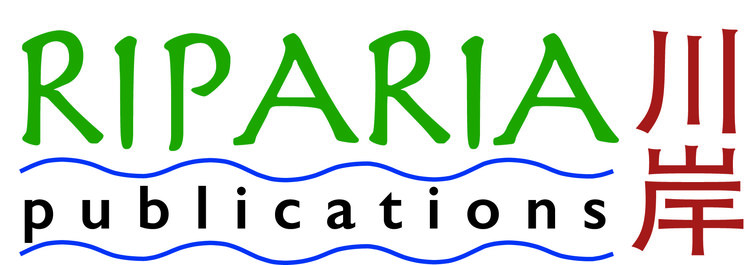(On the occasion of the twentieth anniversary of the Al Qaida attacks on New York and Washington, D.C., and ruminated upon for almost that long.)
Years ago, when I taught “Geography of Terrorism” at Texas A&M University, my students and I came to the conclusion that poetry could save the world.
We had spent a semester studying the places and people involved in terror attacks, applying a rubric I called “The Terror Grid” to the examples before us, in order to examine the motives of the attacks and attackers and messages they wished to send. Because big, media-courting terror attacks are all about message.
We had already surprised ourselves with the discovery that – prior to 9/11 – domestic terrorists from the good old U. S. of A. had accounted for more deaths than any other group and that – outside the Oklahoma City bombing – the Pacific Northwest was a particularly violent region.
The attack on Mumbai was at that moment taking place, so we made a case study of all its developments as they came out, mapping and investigating what cluster of men did what.
In the end, a striking pattern emerged: all the 9/11 bombers and Mumbai attackers had been engineers whose peculiarly strict belief system denied them access to theater, novels, or any other form of imaginary activity, literally because they contained imagery. Timothy McVeigh, for that matter, was a computer engineer before he was a soldier.
These were people who never read a novel, never saw a play, never even read Shakespeare, never recited Persian poetry from memory or any other poetry, never lived anyone else’s life. Because besides providing escape from the dull realities of everyday life, poetry and fiction allow us to be someone else for awhile, to “walk a mile in another man’s shoes.”
At U. C. Berkeley, where I was fortunate to pay next to nothing (thank you, pre-Prop. 13 taxes) for the best education on earth, there were “breadth requirement” classes, as I am certain there were on many other campus across the world. This meant that my theoretical physical chemist future husband Robin was forced to take “Music Appreciation” and I, a classical archaeologist in the making, had to take “California Botany.”
Robin fell in love with the beautiful structure of a Brahms symphony, and I was dazzled by the mysterious inner symmetries of wildflowers and fruits. Did we apply those learnings to our future work in life? Maybe. Is molecular structure as beautiful as music? Are a student’s mysterious inner symmetries as ingrained as a flower’s?
When Sir Ian McKellan – the best “Lear” of the twentieth century – explained why, when playing the wizard Gandalf in the 2001 film “The Lord of the Rings: Fellowship of the Ring” he reacted as he did to Frodo’s acceptance of the role of Ringbearer, he said he conjured up the image of a father letting his son go to war, specifically to the Great War, the one that shaped Tolkein himself.
Because although he had never been a wizard in real life and no hobbit has actually – so far as we know, not in this multiverse, anyway – set out for Mount Doom, McKellan could imagine what it would be like, based on that terrible image in his mind: a young man setting off in hope of saving the world, going on a journey that would very likely kill him, as in the end, it does.
I remember talking to someone who wondered why anyone wept at that, or wept at all at any of it at all, because is “wasn’t real.” Not even when Frodo sets out for Mordor, wishes for better times and hears again Gandalf’s words, “so do all who live to see such times. But that is not for them to decide. All we have to decide is what to do with the time that is given us.”
Poetry teaches us that metaphor and simile can let us visualize something we’ve never before experienced. Homer uses it to show us the swarming of armies like flies around a milk jug, or stones falling thick as snow.
If we cannot make analogies in our hearts between what is real and what is imagined, between someone else’s sorrows and our own, between those children in that crosswalk and our own children safe at home, between refugees or storm victims or bears with burned paws and ourselves, then we become inhuman, and no Golden Rule will ever make sense to us.
Poetry could change all that. Poetry can change the world.
